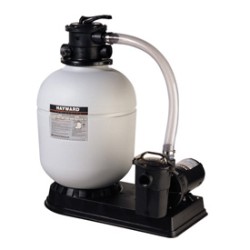
Protect your family from the hidden dangers of unclean water by adding a system for swimming pool water filtration in Oman.
You may use chemicals such as chlorine or bromine as cleansing agents to kill off any bacteria or algae that may be present in the water in Oman. However, these products make your eyes burn and your skin dry out after swimming. Yet, with water filtration systems, you can make your pool both clean and chemical-free.
Swimming Pool Water Filtration in Oman
An indoor swimming pool is covered by the ceiling of the room. Therefore in contrast to an outdoor swimming pool, it is not necessary to install a huge water treatment system. Only dust can truly affect and damage your water in Oman.
You should then simply equip with one of the various pool filtration systems which will not cost you too much in Oman. This will save you money so you can invest it in other parts in your indoor pool.
However, be careful where you place your water pumps. Indeed, the noise can be quite loud so make sure to place them in a closed place.
Pool Filtration Systems in Oman
Also, there is a lot of confusion about various pool purification filters, and many different opinions. Here are a few facts to consider. The first is that a pool can be properly maintained with any of the following filter systems available on the market in Oman and the replacement costs of filters are lower than the cost of chemicals:
– Sand filter – The bullet proof filter in Oman: Water is pushed through a bed of filter sand and removed through a set of lateral tubes at the bottom. The filter area of a sand filter is equal to the area of the filter itself
– Cartridge filter – The economic low maintenance filter in Oman: This one is easy to understand. Water passes though a filter material and the filter captures the debris
– Diatomaceous Earth (DE) filter – The Oman water polisher : Diatomaceous Earth is mined and is the fossilized exoskeletons of tiny diatoms. They are used to coat “grids” in the filter housing and act as tiny sieves to remove debris. They are very small and as such can filter out particles as small as 5 microns



